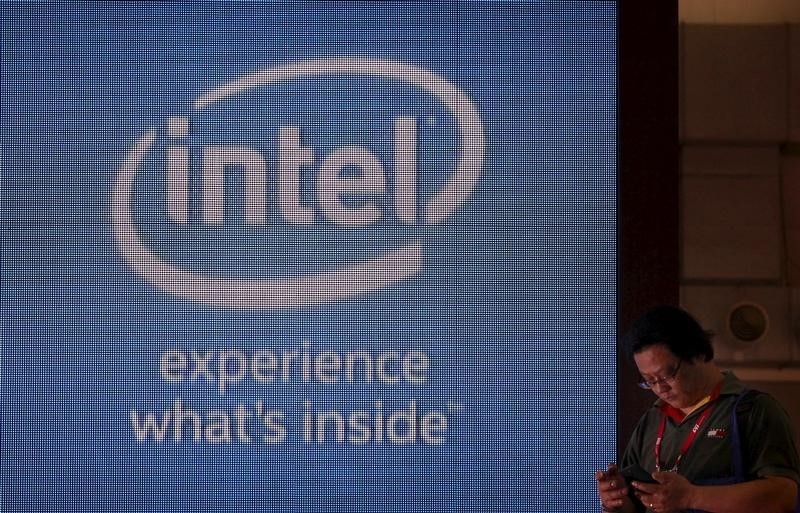This post was originally published on this site

STOCKHOLM/BRUSSELS/SAN FRANCISCO (Reuters) -Intel on Tuesday picked Germany as the site for a huge chipmaking complex, the first details of its planned $88 billion investment in Europe, as the region scrambles to boost output and fix a supply crisis that has dogged the car industry.
The U.S. chipmaker also said it would boost its existing factory in Ireland, set up a design and research facility in France, and a packaging and assembly site in Italy.
With an initial investment of 33 billion euros ($36 billion), including 17 billion euros for the German plans, the spending will help meet surging demand for chips used in computers, cars, smartphones and other gadgets, as well as reduce in the long run Europe’s reliance on Asian suppliers.
Intel (NASDAQ:INTC) CEO Pat Gelsinger announced plans in September to spend $88 billion in Europe over the next decade as the region seeks to boost chip manufacturing capacity.
While big investment plans globally by chip manufacturers has raised concern about a glut in supply down the line, Bernstein Research analyst Stacy Rasgon told Reuters he was confident Intel can manage the roll out of investments to match the demand going forward, and was positive on expanding with government subsidies.
“[Intel] is using capacity as a strategic weapon … Part of the strategy right now is to go around the world and beg for money,” Rasgon said. “If there’s any time to run around the world begging for money to build semiconductor manufacturing facilities now is the time.”
Intel will build two factories in Magdeburg, Germany, creating 7,000 construction jobs, 3,000 permanent jobs at the company, and tens of thousands of additional jobs across suppliers and partners, it said.
The company will invest an additional 12 billion euros in an Irish facility which will take its total investment in Ireland to more than 30 billion euros.
It is also in talks with Italy for a back-end manufacturing facility for a potential investment of up to 4.5 billion euros, and plans to start operations between 2025 and 2027.
In France, Intel plans to build its new European research hub, creating 1,000 new high-tech jobs.
The choice of sites comes after some EU governments including Italy have offered big incentives to try and woo the chipmaker to invest in their countries.
Spreading its factories around different countries could help the company get more subsidies from different nations.
Gelsinger had earlier told Reuters that having factories in separate places gave exposure to different labour markets, a broader ecosystem of support provided by countries and meant capital was less concentrated.
But Intel will have to negotiate with each European country where it’s locating facilities for state aid, European Industry Commissioner Thierry Breton told journalists.
He also said the Commission was talking with other chipmakers and hoping to make similar announcements in the coming months, but did not provide details.
($1 = 0.9098 euros)




